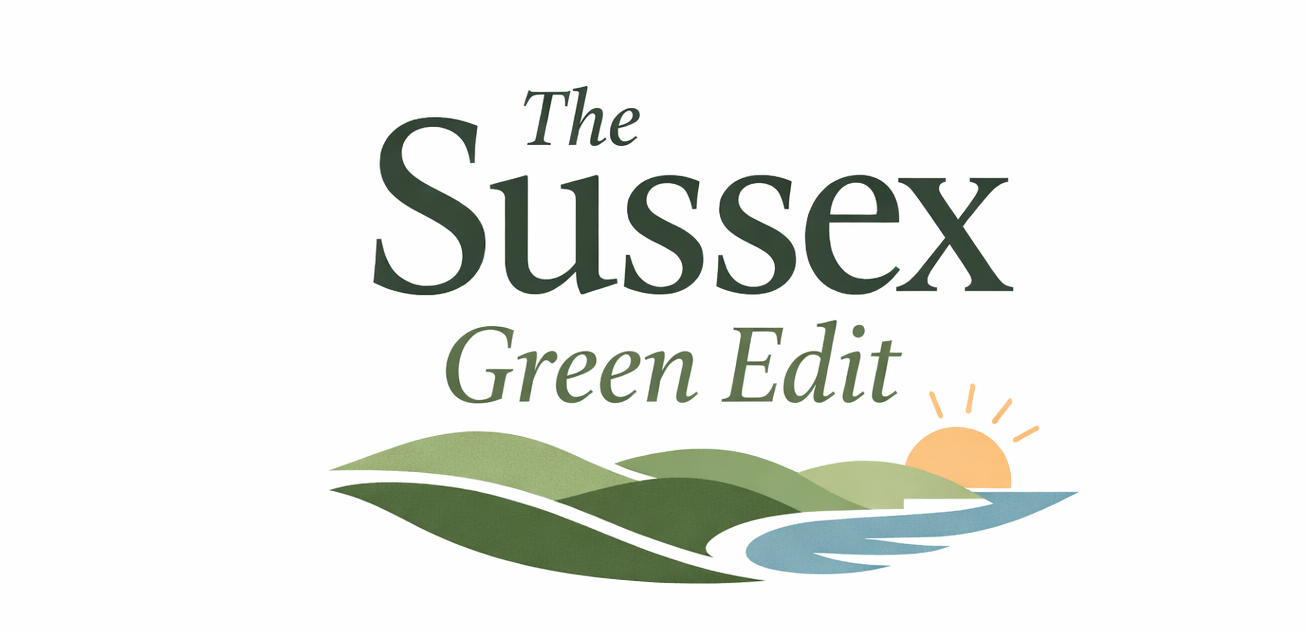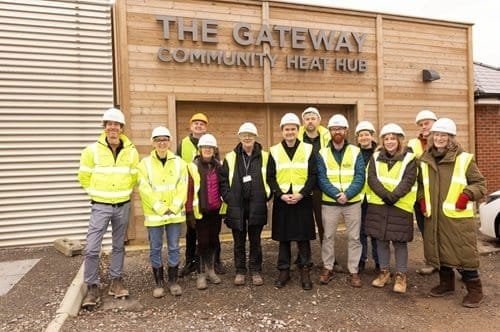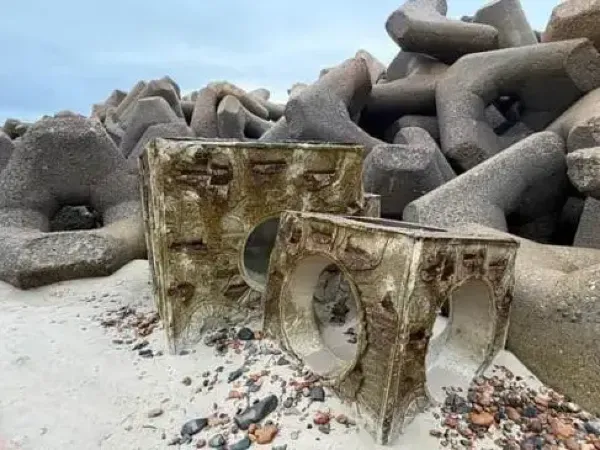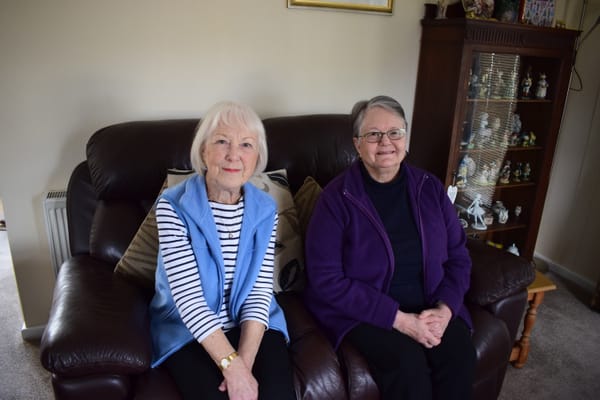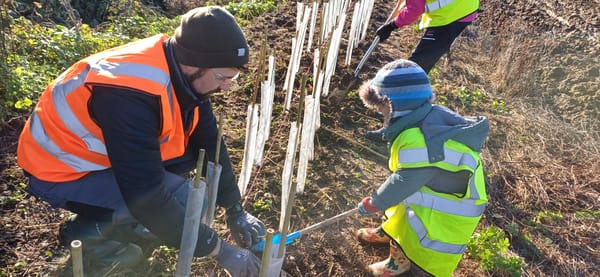Solar ‘no-brainer’ says wildlife hospital saving £3,000 and counting on energy bills
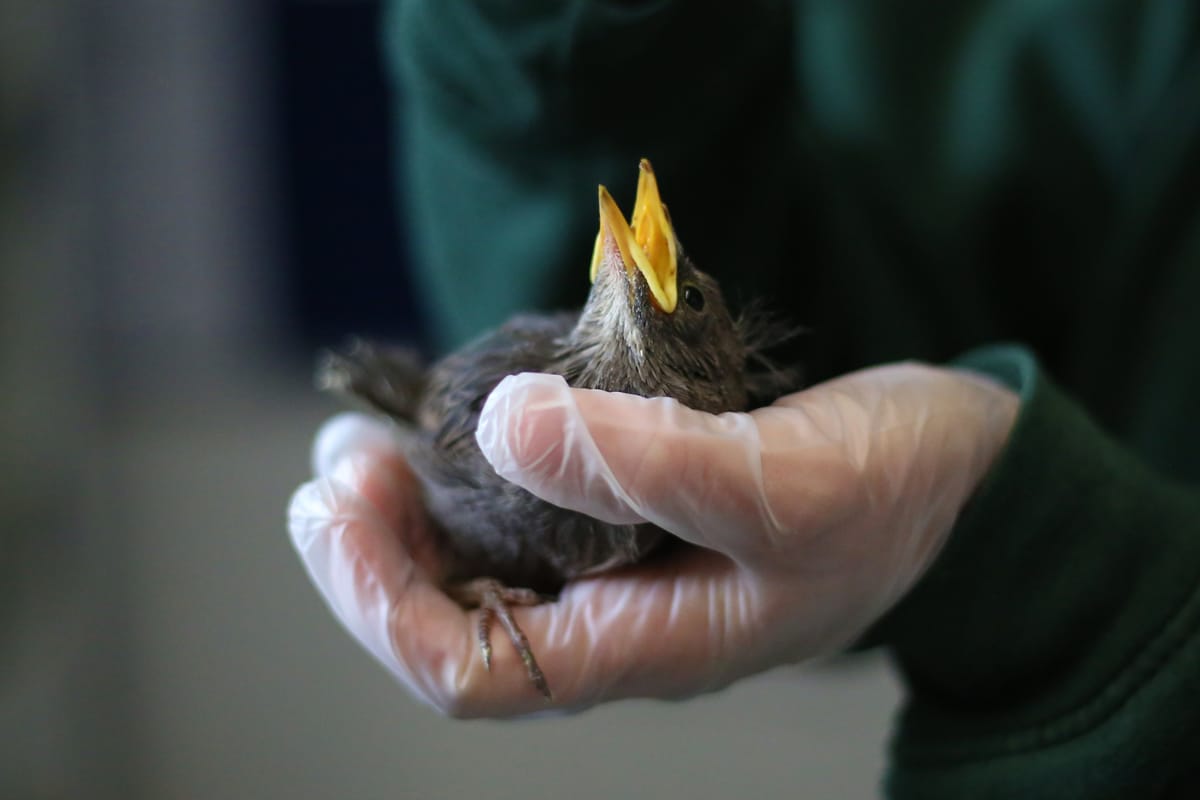
As energy prices rise across the country this month, a wildlife hospital in Sidlesham said it was a ‘no-brainer’ to invest in solar panels after saving £3,000 and counting since its installation.
Brent Lodge Wildlife Hospital had 51 solar panels installed on the rooftops of two of its buildings last year, and general manager Rob Knight said he’d seen substantial savings on the charity’s electricity bills in what has been a challenging year for fundraising. The savings mean the charity can continue its work rehabilitating sick, injured and orphaned wildlife.
The charity cares for around 3,000 animals a year with the goal of releasing them back into their natural habitats. It treats small birds like robins, as well as owls and swans, alongside mammals such as hedgehogs, foxes and deer. In 2024, they treated 79 different species of birds and 23 species of mammals.
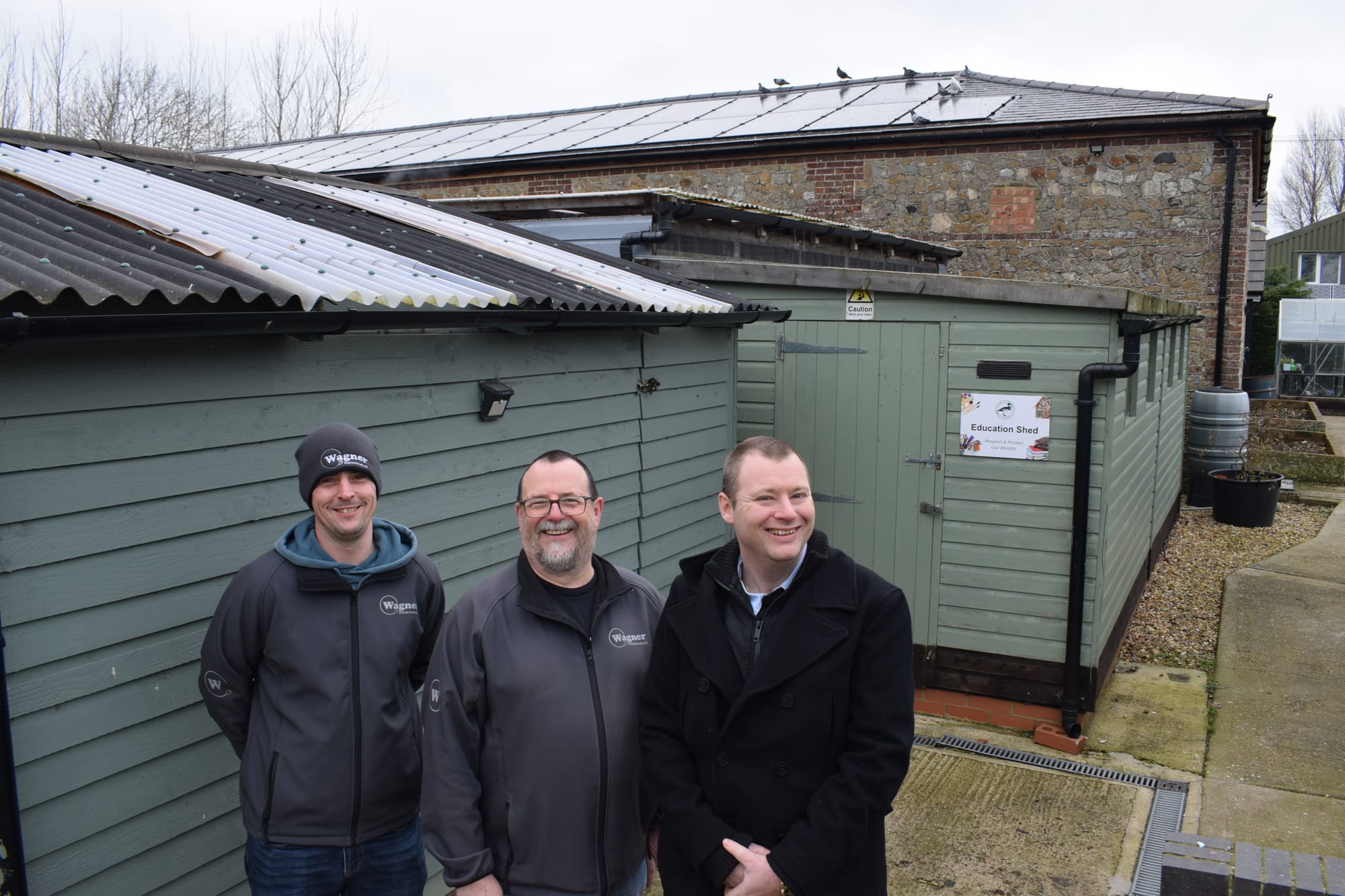
Robert Knight, general manager at Brent Lodge, said: “The difference the solar panels make in terms of financial impact is around £3,000 so far. It provides us with long-term sustainability. Using energy that we don’t have to pay for really helps us to fight our deficit each month.”
And it’s not only the financial impact, but the environmental impact is important to the charity too.
“By our very nature, we’re a non-profit organisation. We’re here to give back to our cause, which is wildlife, and we care about wildlife and the environment equally, especially as we’re releasing wildlife into the environment,” Rob said.
Energy costs at the hospital are ‘significant’, with equipment such as patient incubators and x-ray machines being energy intensive - so the savings made through solar make all the difference.
Fundraising is becoming more challenging, with fewer legacy donations each year and rising costs in retail for its charity shops, Rob said.
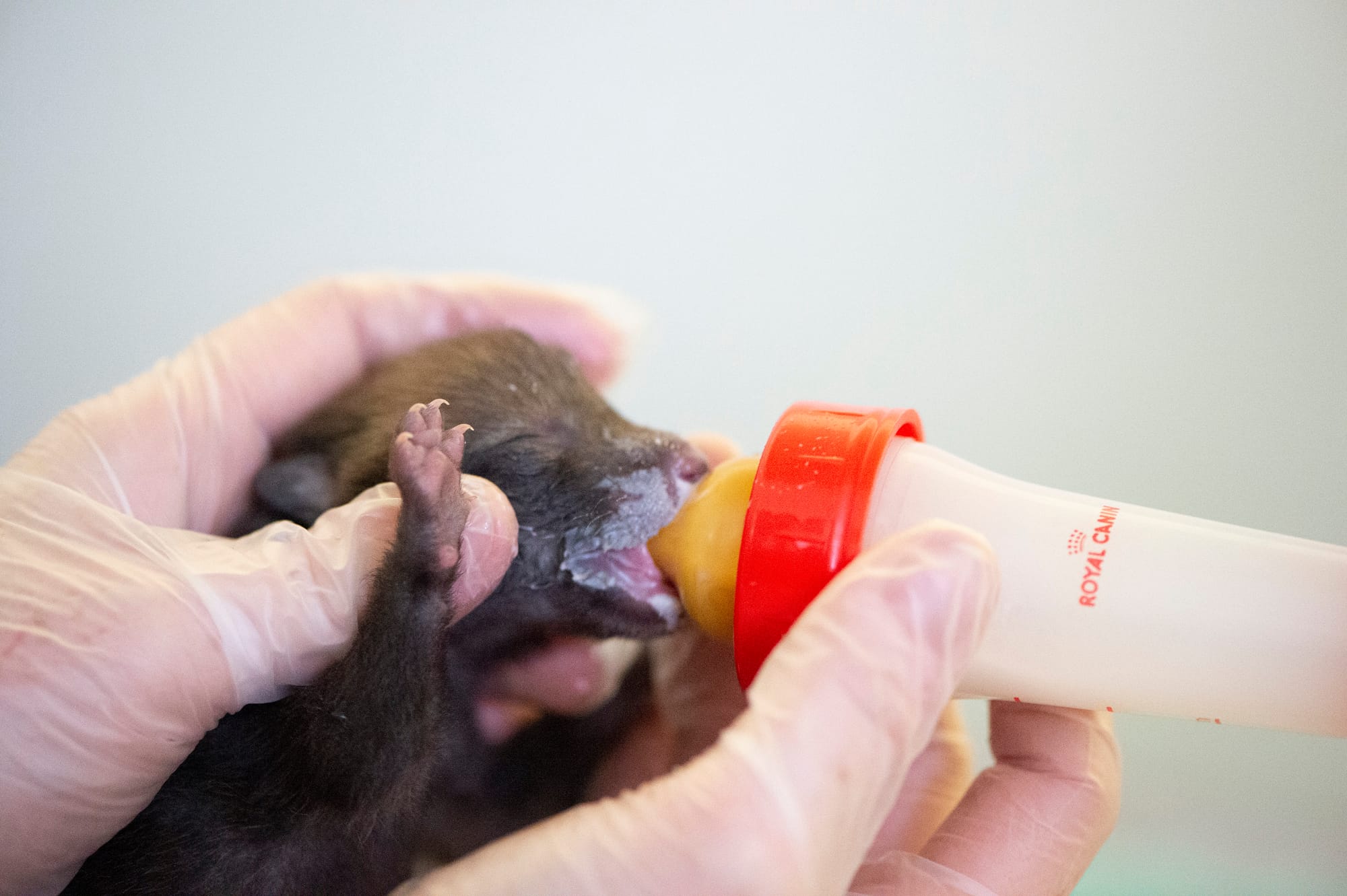
But the work never stops at Brent Lodge, and the lights need to stay on, so renewable energy is a big part of the strategy. In the future, the charity is hoping to fundraise for storage batteries, which means the hospital can store excess energy from the solar panels to use overnight or on overcast days - a move which would cost around £9,000, but over time will ‘more than pay for itself’, Rob said.
“Anything that anyone can do to help us with that, we’d be so grateful,” he added.
“We always need people to come and support the charity, whether that’s bringing a small pack of newspaper in the wintertime for hedgehog bedding, cat or dog food or setting up a monthly donation, we’re grateful for anything and all help.”
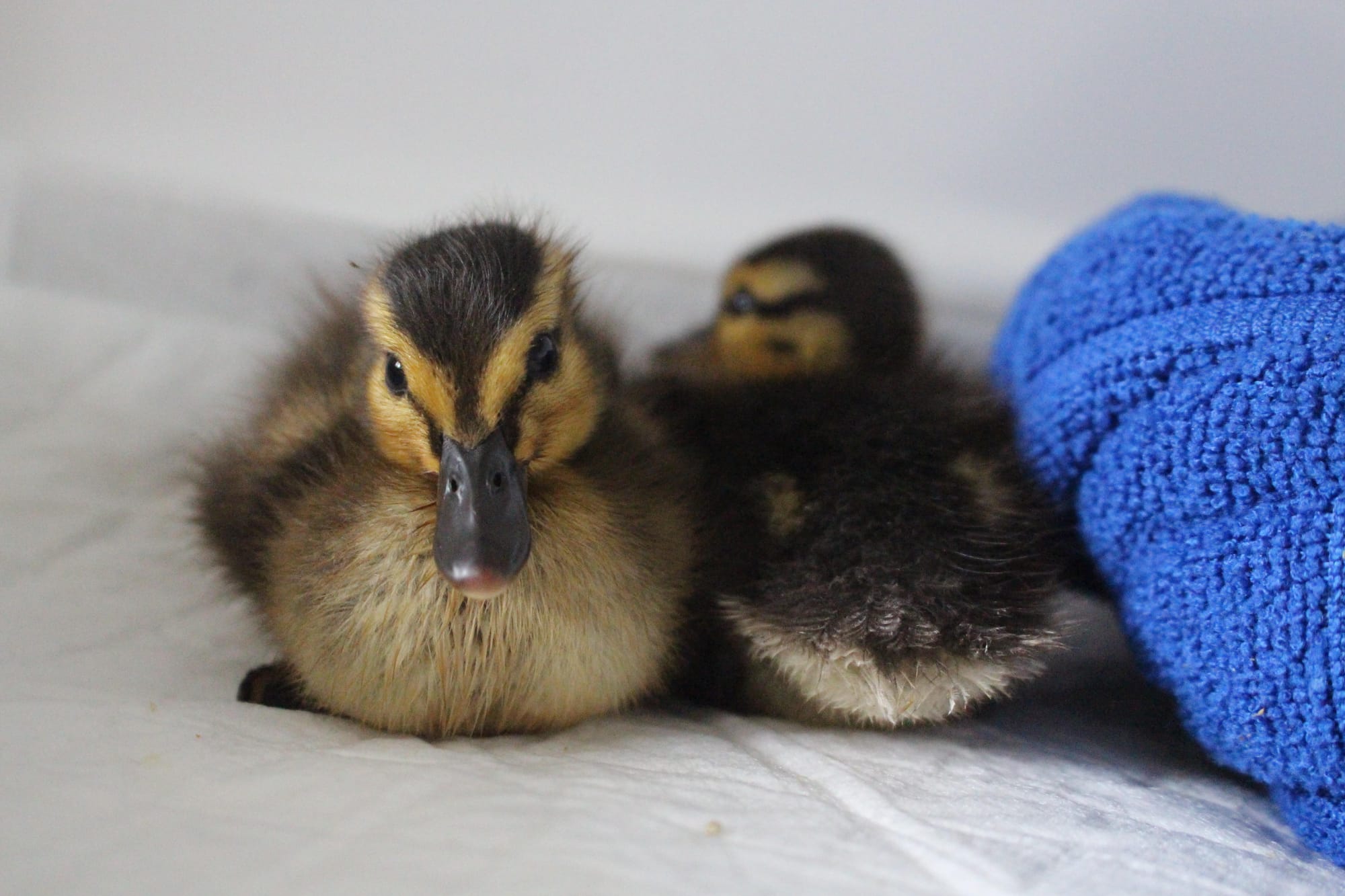
On whether other organisations should consider solar as energy bills rise, Rob said: “As a charity, giving back to our wildlife and our environment by investing in energy from sustainable sources was high on our agenda. If you operate in the third sector, investment in environmental sustainability should be a top priority, not just for the long-term gains on energy savings, but for a collective message and impact.
“If non-profit organisations can collectively work together on environmental sustainability, the greater the effect on the environment we'll have and the increased message we'll be able to send to profit-oriented companies, which is that if we can do it, so can you.”
To find out more about Brent Lodge Wildlife Hospital, visit: www.brentlodge.org
This article was commissioned by the Local Storytelling Exchange and published on SussexWorld and V2 Radio.
